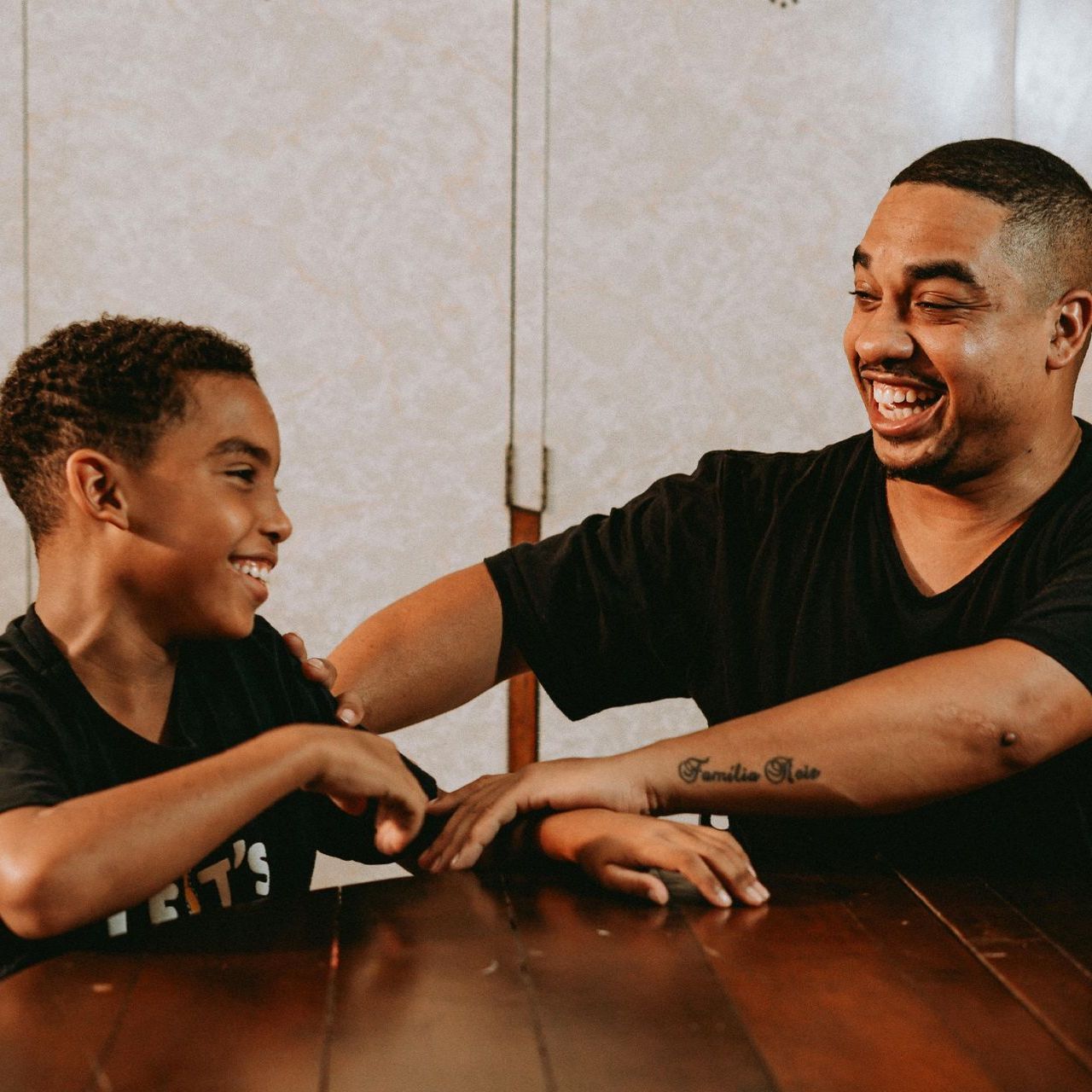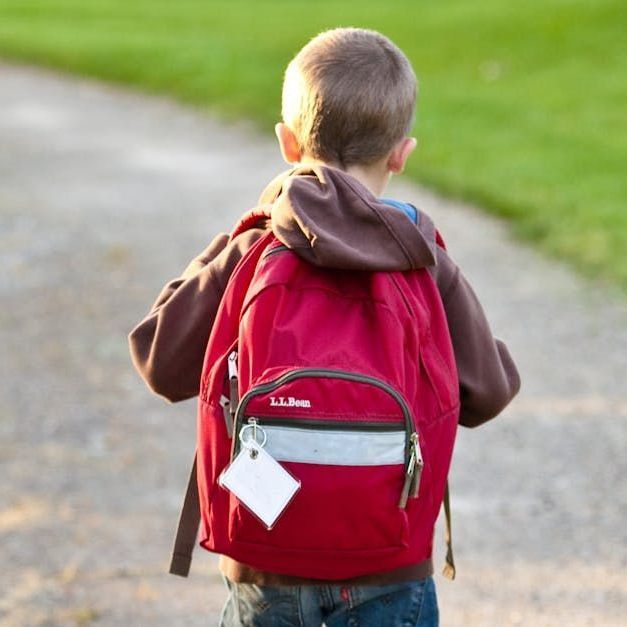7 Awesome Back-to-School Tips for Parents
July 9, 2018
The new school year is just around the corner (or maybe it’s already started where you live). Either way, here are a few quick tips to make sure you start the year off right:
- Sleep is Key: Poor or insufficient sleep can have significant effects on school performance. Many of us (myself included) let our children stay up later during the summer months. But as school starts back, it’s important to adjust that bedtime. While every child’s sleep needs will vary slightly, a good rule of thumb is that elementary school kids require around 10 to 12 hours per night, and middle school or high school students usually need 9 to 10 hours. To find the perfect bedtime, just figure out what time they need to wake up in the morning and work backwards. If you can adjust bedtime by 15 to 30 minutes per day to get there, it may ease the transition.
- Check Medications: If your child has any conditions that require medication at school (diabetes, asthma, allergies, ADHD, etc.), ensure that they have enough medication for home and school, that nothing expired over the summer, and that any forms the school needs are completed by your doctor and turned in to the school nurse.
- Sports Physicals: For children who will be playing sports, make sure you have an up-to-date sports physical on file with the school. These may seem like a hassle, but these visits help to identify potentially dangerous conditions … and children can’t play without them. Sports physicals are best done by your pediatrician or family doctor, who knows your child’s history — there’s a little more to it than checking the box, and unfortunately a lot of urgent care or pharmacy-based clinics miss the point. Don’t let procrastination keep your kid on the sideline.
- Communicate with the School: Let school personnel know about any unique requirements your child may have, whether these have to do with medical conditions, academic challenges, personality traits, or anything else that may affect his or her education. Sometimes a formal plan is warranted, but often a simple conversation can be enough to get everyone on the same page.
- Immunizations: Especially for children starting kindergarten or 7th grade (when immunization requirements change), make sure your child’s immunizations are up-to-date. Diseases can spread quickly in a crowded classroom environment, and vaccines are a safe and effective way to prevent this.
- Address the Stress: Realize that for some children, starting school can be a stressful time. Children are changing their sleep schedules, entering a more structured environment, and interacting with new friends or teachers (or sometimes a completely new school). It’s normal to experience a meltdown or two, but if your child seems excessively worried or stressed, it may be a good idea to bring it to your doctor’s attention.
- Monitor Performance: Keep a close eye on your child’s performance — especially if last year didn’t go as well as you would have liked. Children can struggle academically for a wide variety of reasons (it’s not all ADHD), so identifying these problems early and working with the school and your pediatrician to address them is vital.
Hopefully, by addressing any problems quickly, you can start the year off right. We wish you and your children the best this school year!

Thanksgiving is a cherished tradition, an opportunity to gather with family and friends to celebrate gratitude for the many blessings in our lives. Whether you're traveling to visit relatives or hosting a festive dinner at home, preparing for Thanksgiving can be a joyful yet daunting task, especially for parents.

Getting your kids outside more, engaging them in calisthenics, and encouraging them to think about their eating doesn't have to be a chore—for you or for them! By making these activities fun, creative, and interactive, you’re not only helping your children develop healthy habits but also creating memorable family moments.









